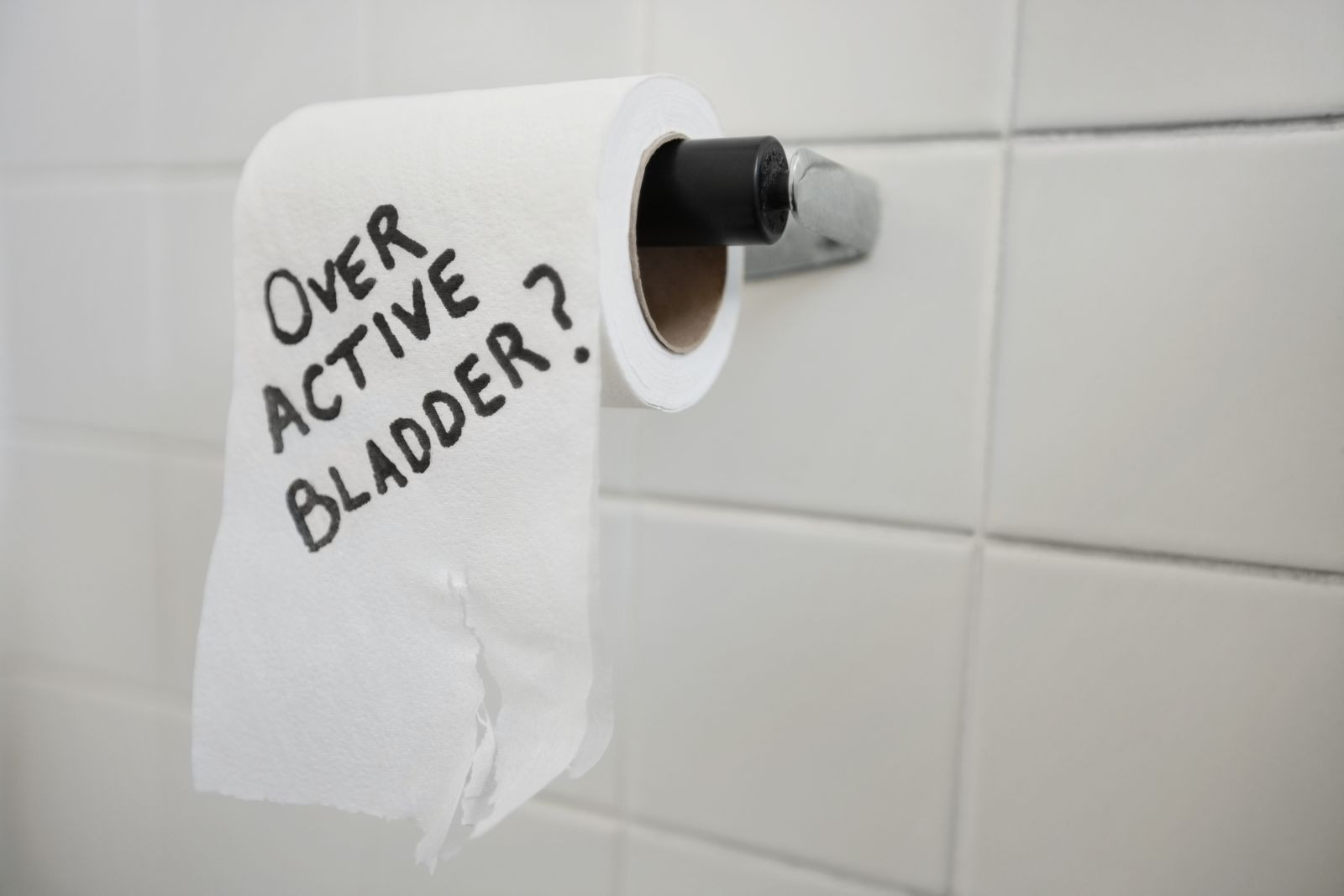Do you have an overactive bladder?

If you feel a strong urge to urinate even when your bladder isn't full, it might be related to overactive bladder, sometimes called urge incontinence. This condition occurs in both men and women and involves an overwhelming urge to urinate immediately, frequently followed by loss of urine before you can reach a bathroom. Even if you never have an accident, urgency and urinary frequency can interfere with your work and social life because of the need to keep running to the bathroom.
Urgency is caused when the bladder muscle, the detrusor, begins to contract and signals a need to urinate, even when the bladder is not full. Another name for this phenomenon is detrusor overactivity.
Overactive bladder can result from physical problems that keep your body from halting involuntary bladder muscle contractions. Such problems include damage to the brain, the spine, or the nerves extending from the spine to the bladder — for example, from an accident, diabetes, or neurological disease. Irritating substances within the bladder, such as those produced during an infection, might also cause the bladder muscle to contract.
Often there is no identifiable cause for overactive bladder, but people are more likely to develop the problem as they age. Postmenopausal women, in particular, tend to develop this condition, perhaps because of age-related changes in the bladder lining and muscle. African American women with incontinence are more likely to report symptoms of overactive bladder than stress incontinence, while the reverse is true in white women.
Fortunately, there are plenty of options for treating urge incontinence (and other kinds of incontinence). Pelvic floor exercises are a great first step. Medication that helps relax the bladder usually helps. For some, biofeedback is successful. And when these therapies don't offer relief, you and your doctor might opt for surgery.
For more information on dealing with bladder and bowel conditions, buy Better Bladder and Bowel Control, a Special Health Report from Harvard Medical School.
Image: Bigstock
Disclaimer:
As a service to our readers, Harvard Health Publishing provides access to our library of archived content. Please note the date of last review or update on all articles.
No content on this site, regardless of date, should ever be used as a substitute for direct medical advice from your doctor or other qualified clinician.












